44 which diagram represents a pair of homologous chromosomes
mid-13c., paire, ";a set of two, two of a kind coupled in use," from Old French paire "pair, couple," and directly from Medieval Latin paria "equals," neuter plural of Latin par (genitive paris) ";a pair, counterpart, equal," noun use of par (adj.) "equal, equal-sized, well-matched" (see par (n.)). Originally of things. Of persons from late 14c., ";a couple, a sexual pair." Used from late 14c. with a plural noun to denote a single tool or device composed essentially of two pieces or parts (shears, tongs, spectacles, etc.). Meaning ";a woman's breasts" is attested from 1922. Pair bond (v.) is first attested 1940, in reference to birds mating. See the following diagram showing one pair of homologous chromosomes, each with a single locus. Only one allele can occur at each locus, but there are 4 possible alleles per locus. Since the A1, A2, B and O alleles are located on one pair of loci on homologous chromosome pair number nine, the following genotypes are possible: A1A1, A1A2, A2A2 ...
"to come together with another; be mated or married" (intransitive), also "to make a pair by matching" (transitive), c. 1600, from pair (n.). These senses now often are distinguished by pair off "separate from a company in pairs or couples" (1783) for the former and pair up (1863) for the latter. Related: Paired; pairing.
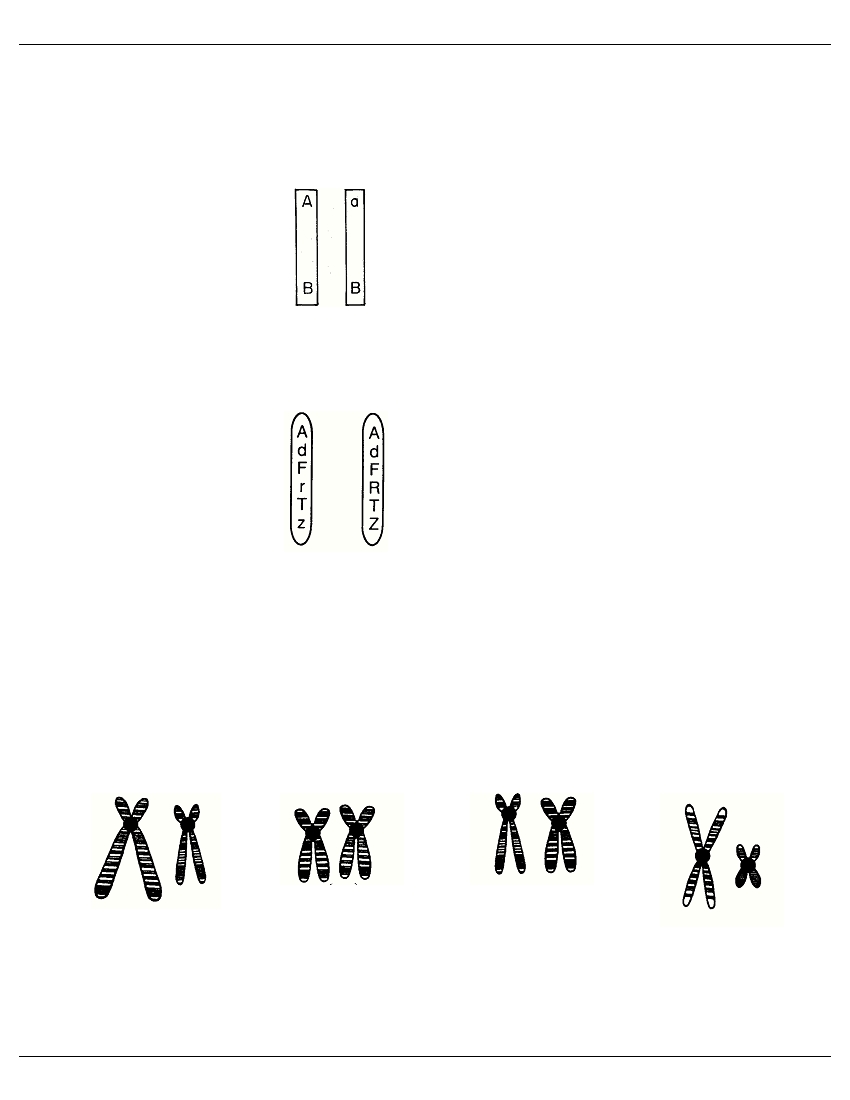
Which diagram represents a pair of homologous chromosomes
1897 of the arrangement, 1960 of the girl; French, literally "on an equal footing" (see au + pair (n.)). The diagram below represents a pair of homologous chromosomes. Which allelic combination represents the heterozygous condition for a trait? Image: Aa. Which diagram represents a pair of homologous chromosomes? (1). (2). (3). (4).
Which diagram represents a pair of homologous chromosomes. Which diagram represents those chromosomes that ... Which pair of gametes can unite to produce a ... In the diagram below of two homologous chromosomes ...8 pages Old English hwilc (West Saxon, Anglian), hwælc (Northumbrian) "which," short for hwi-lic "of what form," from Proto-Germanic *hwa-lik- (source also of Old Saxon hwilik, Old Norse hvelikr, Swedish vilken, Old Frisian hwelik, Middle Dutch wilk, Dutch welk, Old High German hwelich, German welch, Gothic hvileiks "which"), from *hwi- "who" (from PIE root *kwo-, stem of relative and interrogative pronouns) + *likan "body, form" (source also of Old English lic "body;" see like (adj.)). In Middle English used as a relative pronoun where Modern English would use who, as still in the Lord's Prayer. Old English also had parallel forms hwelc and hwylc, which disappeared 15c. The "2" signifies the fact that each pair of chromosomes is represented by only a maternal and a paternal component (no fraternals here), thus, the maximum number of different gene alleles that can exist at a given gene locus on a homologous pair of chromosomes is 2 (a simple example of this would be one dominant and one recessive allele). The diagram represents a meiotic cell. Assume that the freckles gene is at the locus marked F, and the hair-color gene is located at the locus marked H, both on the long chromosome. The person from whom this cell was taken has inherited different alleles for each gene ("freckles" and "black hair" from one parent and "no freckles" and "blond ...
Homologous chromosomes contain the same gene loci but may have different alleles of a particular gene. Sister chromatids are identical copies of each other produced during DNA replication. Which statement correctly describes how cellular DNA content and ploidy levels change during meiosis I and meiosis II? Which diagram represents a pair of homologous chromosomes? 1:0 sets. (2). 12. The diagram below shows a process that affects chromosomes during meiosis.3 pages Sep 25, 2021 · (ii) While the maternal and paternal chromosomes are separating, the chromatid material very often gets exchanged between the two members of a homologous pair. Question. Given below is a diagram representing a stage during mitotic cell division in an animal cell. 1733, "be homologous;" 1811, "make homologous;" see homologous + -ize. Related: Homologized; homologizing.
"condition of having more than two homologous sets of chromosomes," 1922, from German polyploidie (1910), from polyploid, from Greek polys "much, many" (from PIE root *pele- (1) "to fill") + -ploid, from -ploos "fold" (from PIE root *pel- (2) "to fold"). 1918 (Venn's diagram is from 1904), named for English logician John Venn (1834-1923) of Cambridge, who explained them in the book "Symbolic Logic" (1881). In this diagram the cell contains 3 pairs of homologous single chromosomes, a total of 6 chromosomes. Since the cell contains a total of 6 chromosomes, it has a chromosome number of 6. Chromosomes A & a represent one pair, B & b represent a second pair, and C & c represent a third pair. Sep 02, 2021 · The chromosomes start to pair with each other and eventually segregate into two cells. The chromatids, though, remain together so each of the newly formed daughter cells will contain one of the homologous chromosomes with two chromatids by the end of meiosis I. Meiosis II follows Meiosis I.
sex cell or sex cells with duplicate genes, whereas in scenario B, DNA is switching on homologous chromosomes, which will likely result in no change since each ...9 pages
Plos Genetics Meiosis Reveals The Early Steps In The Evolution Of A Neo Xy Sex Chromosome Pair In The African Pygmy Mouse Mus Minutoides
Each rod represents a chromatid, and DNA replication results in two sister chromatids joined at their centromeres. Mitosis separates the sister chromatids. A single pair of homologous chromosomes. Red and blue are chromosomes inherited from the male and female parents. Any cell can divide by mitosis – haploid, triploid, even aneuploid cells.
Feb 4, 2021 · 1 answerWhich diagram shows a homologous chromosome pair that has heterozygous alleles? See answers (2). 94. jaidyndavis22. Asked 12/19/2018.
How Do Sister Chromatids Differ From Homologous Chromosomes How Do These Differences Affect Their Functions Quora
"having the same position, value, structure, etc.," 1650s, from Latinized form of Greek homologos "agreeing, of one mind," from homos "same" (see homo- (1)) + logos "relation, reasoning, computation," related to legein "reckon, select, speak," from PIE root *leg- (1) "to collect, gather," with derivatives meaning "to speak (to 'pick out words')."

Characterization Of Button Loci That Promote Homologous Chromosome Pairing And Cell Type Specific Interchromosomal Gene Regulation Sciencedirect
4. Draw a labelled diagram to show the metaphase stage of mitosis in an animal cell having ‘6’ chromosomes. Solution:-5. The diagram given below represents a certain phenomenon which occurs during meiosis. Name and explain the phenomenon by using the terms – homologous chromosomes, chromatids, and crossing-over. Solution:-
1610s, "an illustrative figure giving only the outlines or general scheme of the object;" 1640s in geometry, ";a drawing for the purpose of demonstrating the properties of a figure;" from French diagramme, from Latin diagramma ";a scale, a musical scale," from Greek diagramma "geometric figure, that which is marked out by lines," from diagraphein "mark out by lines, delineate," from dia "across, through" (see dia-) + graphein "write, mark, draw" (see -graphy). Related: Diagrammatic; diagrammatically. The verb, "to draw or put in the form of a diagram," is by 1822, from the noun. Related: Diagrammed; diagramming.
Oct 21, 2021 — Because of the genetic recombination that occurs between homologous pairs at meiosis, the resulting haploid gametes contain chromosomes that are ...

Long Range Haplotyping Of Paired Homologous Chromosomes By Single Chromosome Sequencing Of A Single Cell Scientific Reports
Human sperm and eggs, which have only one homologous chromosome from each pair, are said to be haploid (1n). When a sperm and egg fuse, their genetic ...
D. Carroll, in Brenner's Encyclopedia of Genetics (Second Edition), 2013 Definitions. Genetic recombination refers to the rearrangement of DNA sequences by the breakage and rejoining of chromosomes or chromosome segments. It also describes the consequences of such rearrangements, that is, the inheritance of novel combinations of alleles in the offspring that carry recombinant …

If A Parent Cell Has 28 Chromosomes And Undergoes Meiosis The Resulting Cells Will Have How Many Chromosomes A 56 B 28 C 14 D 7 E 4 Study Com
A couple of homologous chromosomes, or homologs, are a set of one maternal and one paternal chromosome that pair up with each other inside a cell during ...
in cellular biology, "having two homologous sets of chromosomes," 1908, from German (1905), from Greek diploos "double, twofold," (see diplo-) + eidos "form" (see -oid).
Which diagram represents a pair of homologous chromosomes? (1). (2). (3). (4).
The diagram below represents a pair of homologous chromosomes. Which allelic combination represents the heterozygous condition for a trait? Image: Aa.
1897 of the arrangement, 1960 of the girl; French, literally "on an equal footing" (see au + pair (n.)).

Figures And Data In Live Imaging And Biophysical Modeling Support A Button Based Mechanism Of Somatic Homolog Pairing In Drosophila Elife
The Diagrams Below Show A Pair Of Homologous Chromosomes Study Them And Answer The Questions That Follow Atika School

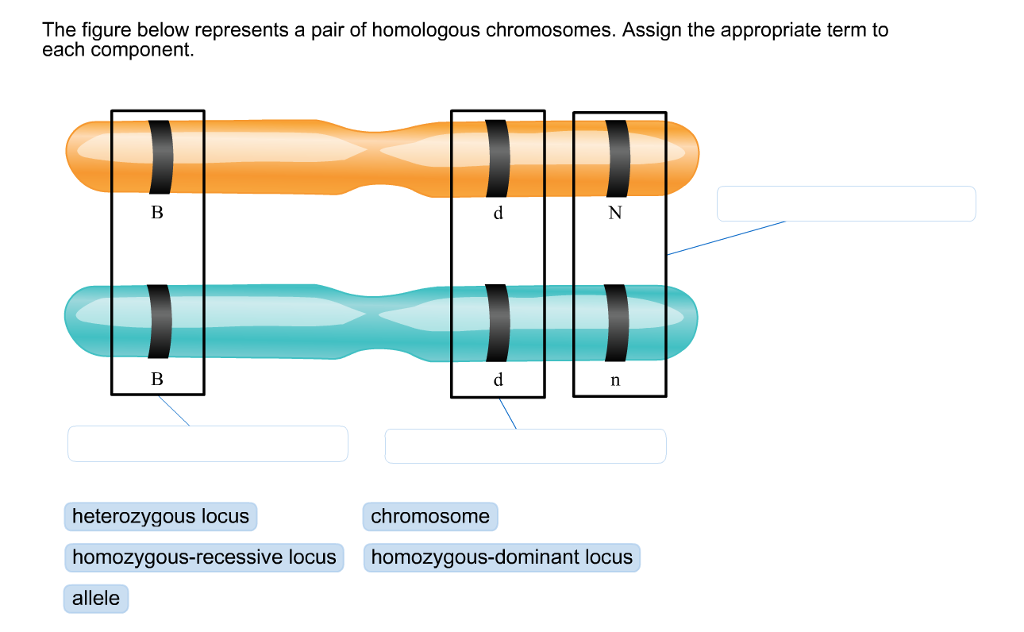


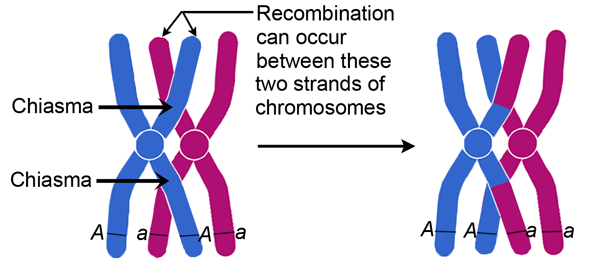

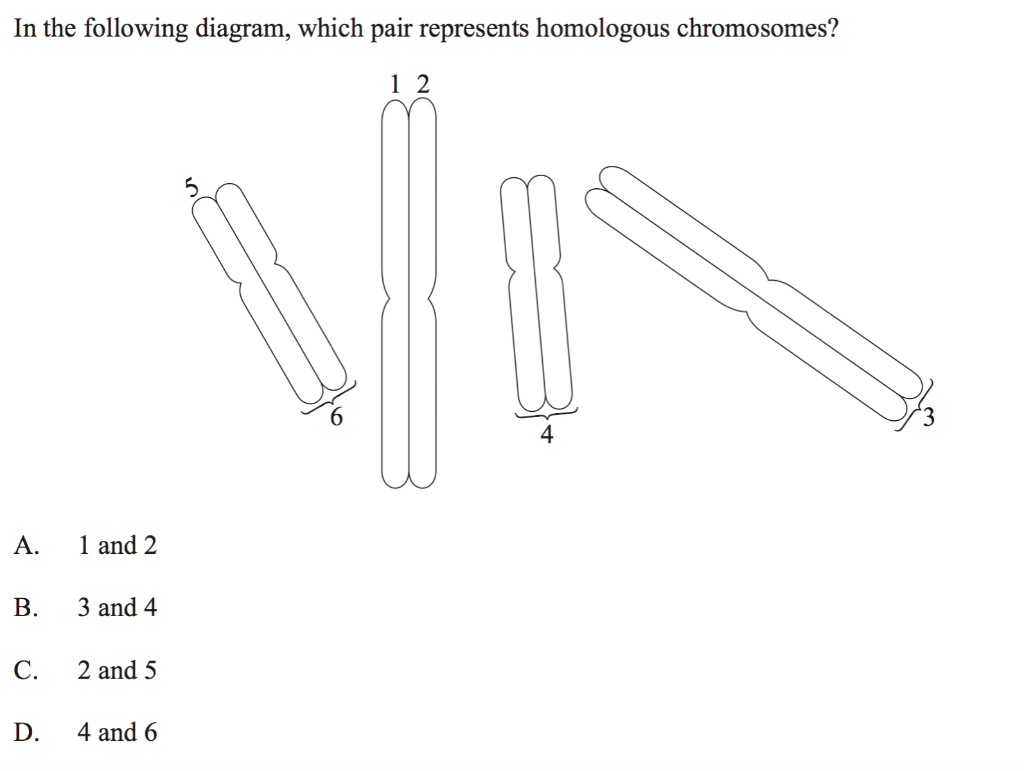
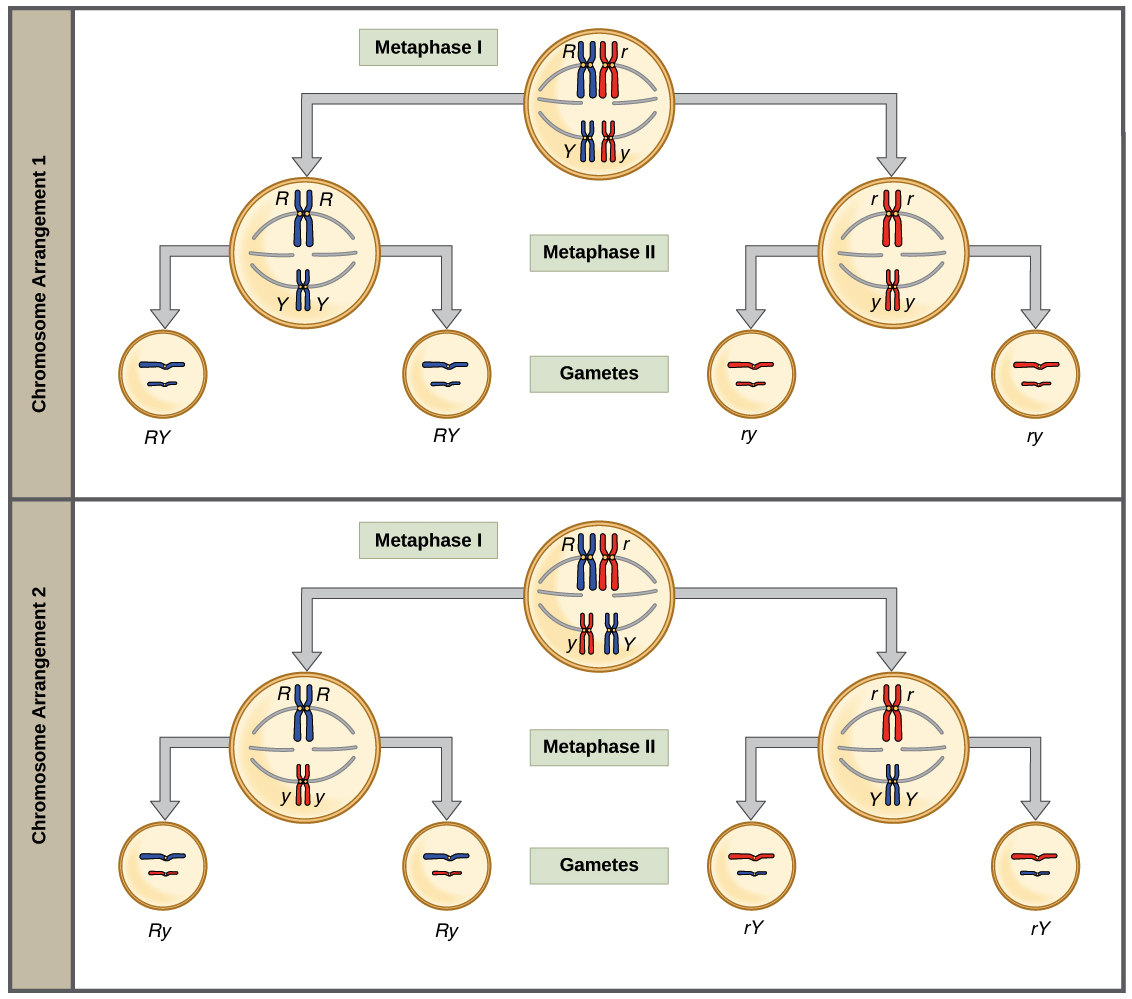




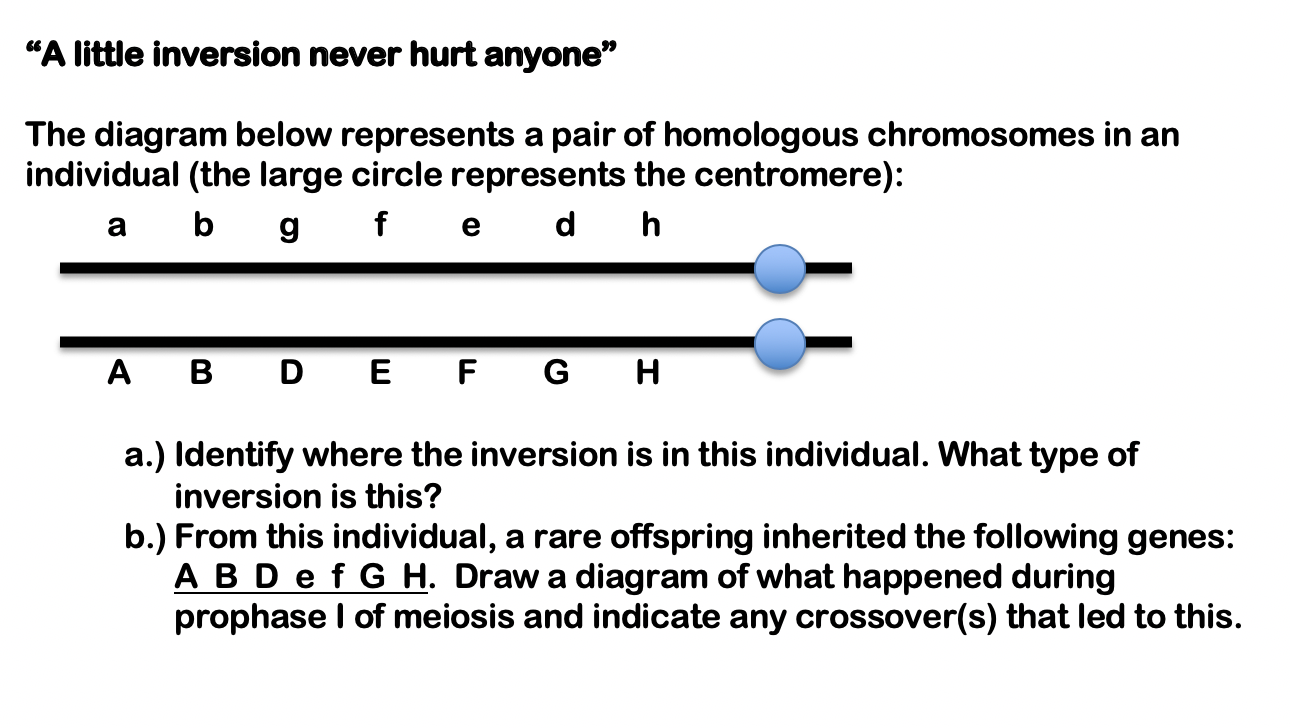
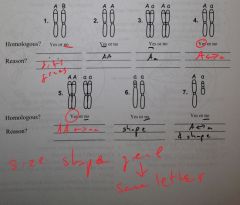


/karyotype-human-56e214073df78c5ba056b86a.jpg)

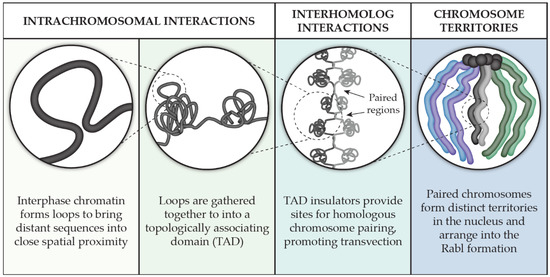




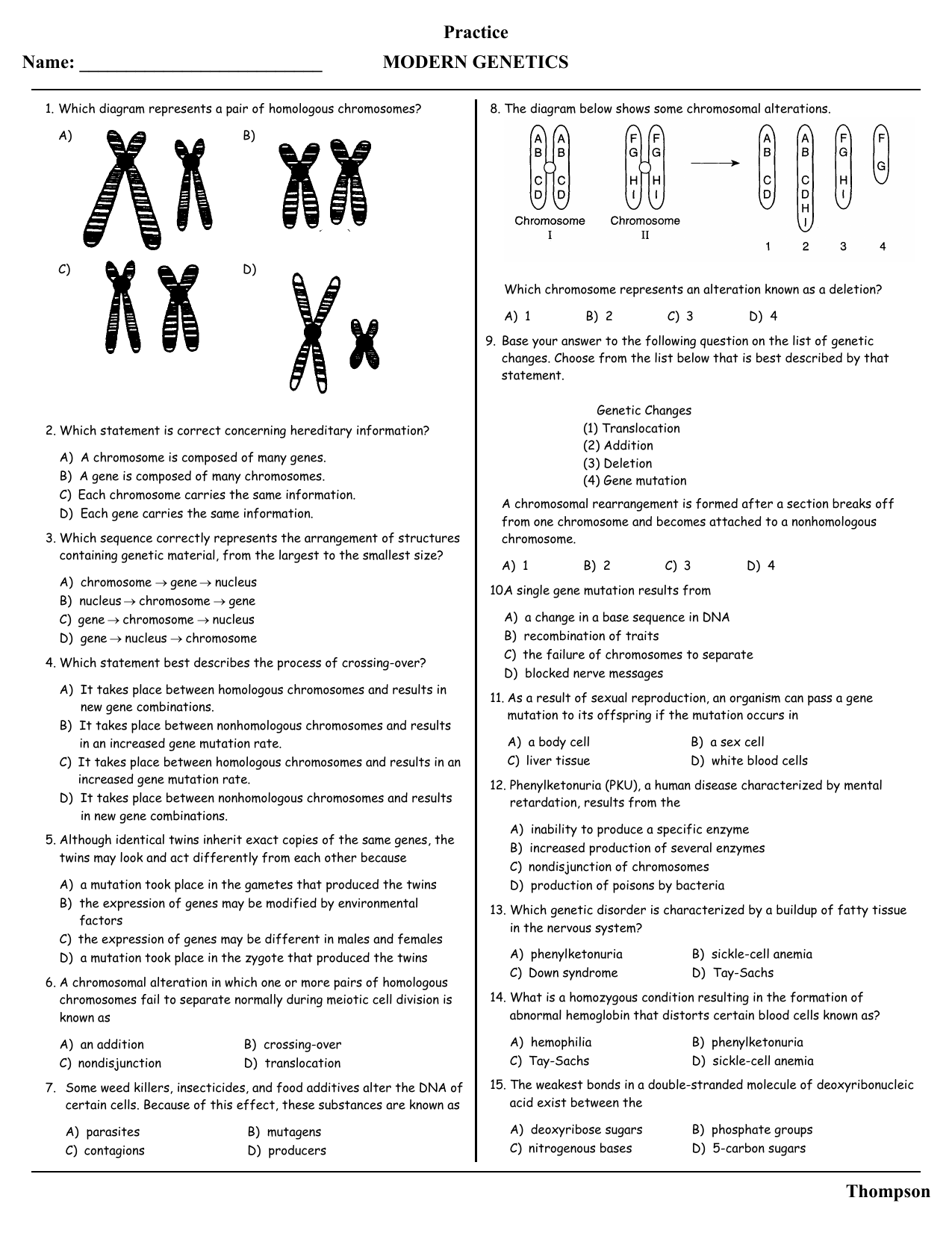





0 Response to "44 which diagram represents a pair of homologous chromosomes"
Post a Comment